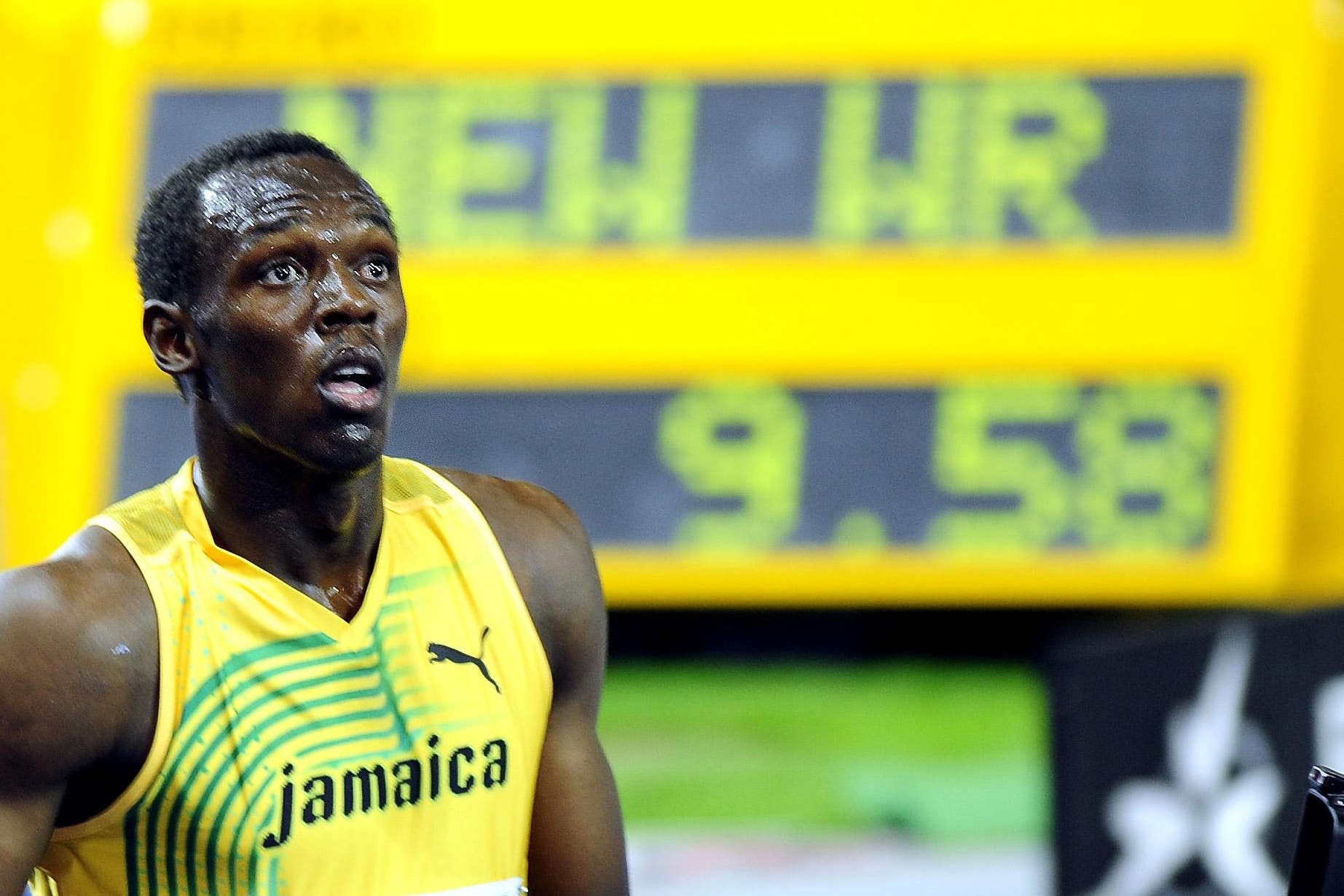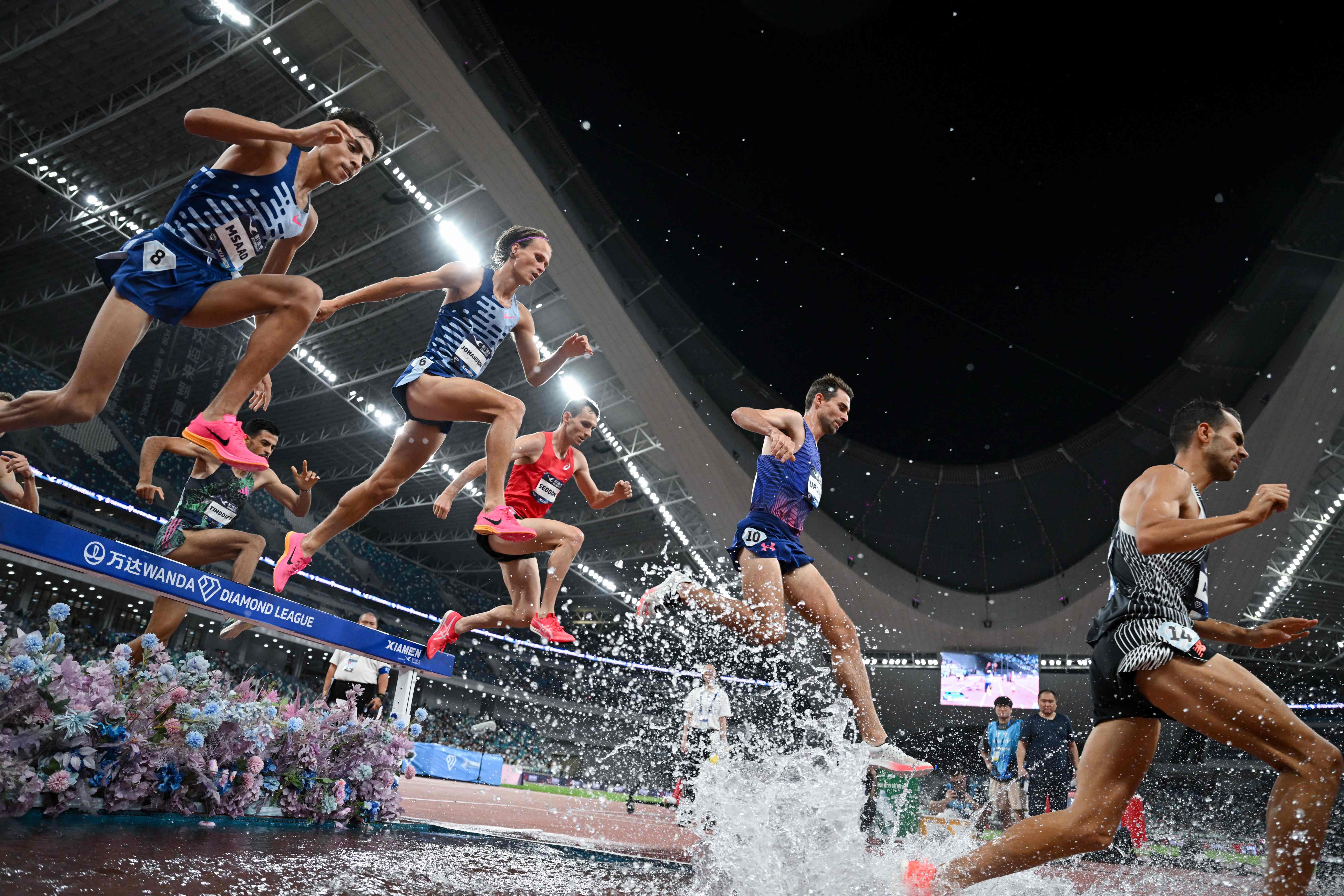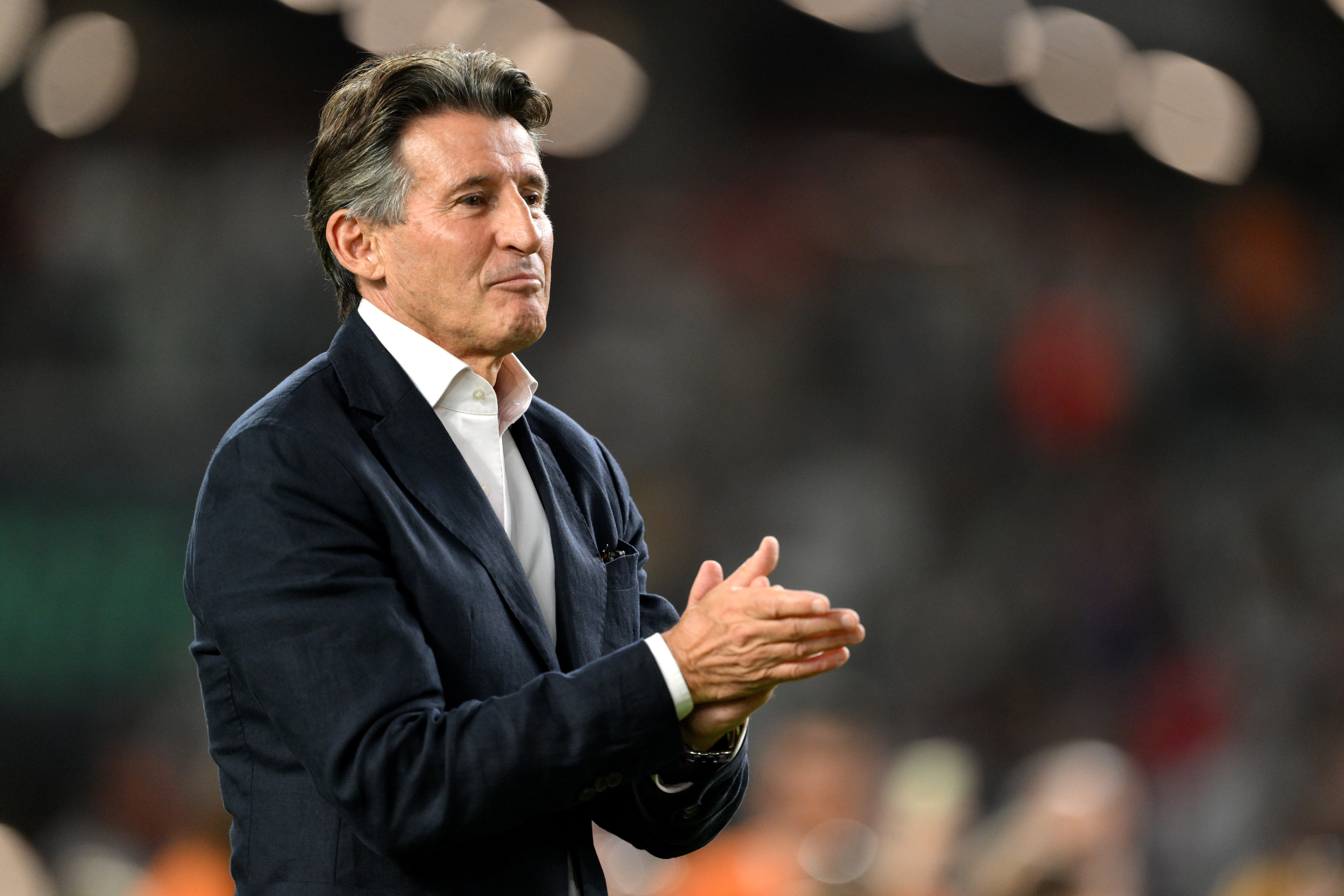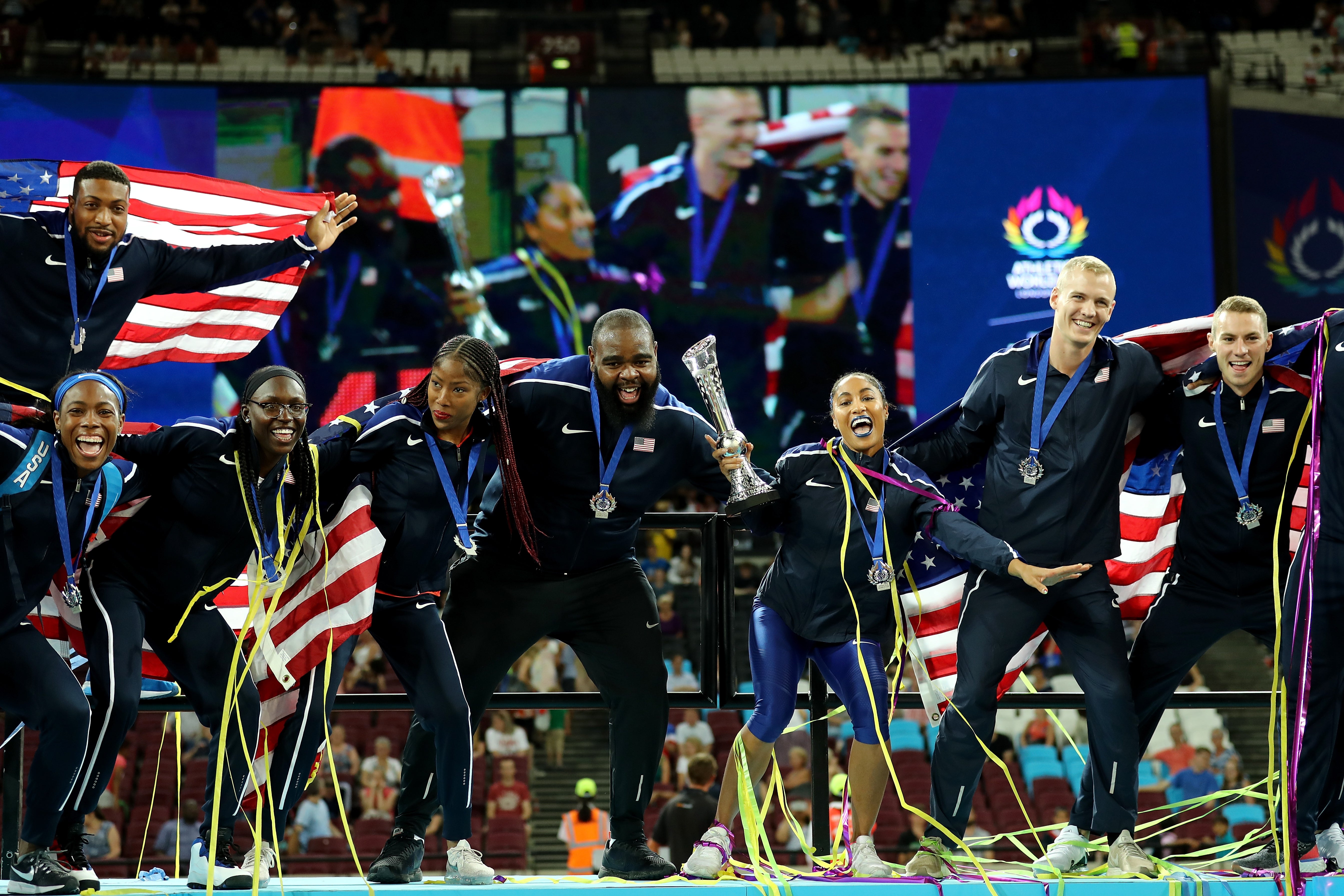Has athletics run out of road – and can Sebastian Coe and a new ‘champions league’ save it?
Previous attempts to revive the ailing sport have failed, writes Ben Bloom. But as attention builds ahead of the summer’s Olympics, athletics knows it needs to innovate if it is to survive – will a new competition and prize money for gold medallists be enough to bring back the glory from a bygone era?


Back in early 2019, approaching the 10th anniversary of the birth of the Diamond League, World Athletics president Seb Coe announced some controversial changes to athletics’ premier season-long competition.
The two-hour television window for each meeting would be cut to 90 minutes and the number of core disciplines accordingly reduced from 32 (16 for men and 16 for women) to 24 (12 for men and 12 for women). Out went the 200 metres, discus, triple jump and 3,000m steeplechase, while the longest flat distance contested was to be capped at 3,000m.
“Our objective is to create a faster-paced, more exciting global league that will be the showcase for our sport,” explained Coe, as athletics diehards – not to mention discus throwers, triple jumpers and steeplechasers – fumed. “The Diamond League is our shop window and we want to attract new fans with a fast, action-packed format.”
The Covid pandemic meant those amendments could not be implemented in the barely functioning 2020 summer, and when the press release arrived to announce the 2021 Diamond League season, there was a notable absence of further grand proclamations from Coe. The event cull had been quietly scrapped. Athletes from every discipline were allowed back into the party. As you were.
“Change is never easy,” Coe had acknowledged when embarking on the project. Perhaps he had realised just how difficult it would be.
On Saturday (20 April), the 2024 Diamond League campaign begins in the Chinese city of Xiamen, looking largely as it did when the competition was first launched in 2010. After operating for years without a headline sponsor, it is now accompanied by the name of Chinese conglomerate Wanda – a company so obscure, at least in the Western world, that an online search instead brings up multiple results for an entirely unrelated comic book character.

Athletics has problems and Coe knows it. The double Olympic 1,500m champion’s track glories are firmly rooted in a bygone era – last week, he recalled his days of receiving a “second-class rail ticket or a 5p per mile [petrol] allowance” when selected to compete for his country – but he is desperate to haul his sport into something fit for 2024 and beyond. It is imperative.
Fuelled by the influence of social media and an ever-growing big-event mentality, people no longer consume sport as they did in previous decades. No sport can afford to remain stationary, let alone one where its leading competition is as widely derided as the Diamond League. If Coe does not change his product, someone else will.
Organisers of two proposed independent athletics competitions have both spoken of similar ailments afflicting the sport, namely a lack of exposure outside of the Olympics and a paucity of prize money for its biggest stars.

Four-time Olympic sprint champion Michael Johnson has grand ambitions for his new track league scheduled to begin in 2025, with an as yet unconfirmed cap on the number of events and athletes. Separately, Duael Track hopes to launch this September with 10 male and 10 female sprinters going head to head over a series of knockout 100m contests until a winner is determined. The hope is to later introduce a similar event over a mile.
Both ideas are short on details but intent on providing the kind of financial rewards for athletes sorely lacking in the Diamond League.
Of course, we have been here before, without any success. Usain Bolt invested in Athletics Australia’s Nitro Athletics event in 2017, which featured such disciplines as a three-minute mixed-sex distance challenge, an elimination mile and a target javelin throw. But it lasted only one year.
The UK Athletics-operated World Cup was similarly short-lived, costing the national federation millions in 2018 while struggling to attract both the world’s top athletes and sporting attention on a weekend that also featured the Fifa World Cup final and Wimbledon tennis finals.

Whether Johnson or Duael Track have any greater joy than their disruptor predecessors will come down to tackling the biggest, hitherto insurmountable, issue that has always troubled the Diamond League: the ability to convince the very best athletes that their event is important enough to compete in it. That it matters.
Coe continues to try. World Athletics is currently trialling replacing the long jump take-off board with a much bigger take-off zone – an idea greeted with widespread condemnation across the elite long jump community, who also opposed previous tweaks which saw only the top three in any competition eligible for a winner-takes-all final jump.
On the need for greater remuneration for athletes, Coe last week announced that the sport would be the first to offer prize money to Olympic gold medalists.
There are also high hopes that a behind-the-scenes Netflix documentary series following the world’s best sprinters can bring new eyeballs to the sport, while Channel 4 is filming a two-part series with some of British athletics’ biggest Olympic and Paralympic hopefuls in the build-up to this summer’s Paris Games.
As Coe has experienced, athletics innovations do not have a great track record. But efforts to implement changes and safeguard the sport’s future are as admirable as they are necessary to prevent athletics from sleepwalking into irrelevance for years to come.






Join our commenting forum
Join thought-provoking conversations, follow other Independent readers and see their replies
Comments